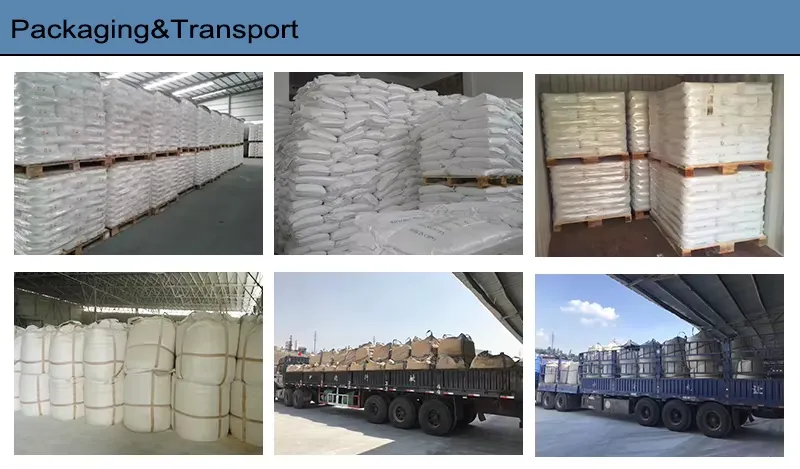
Dis . 26, 2024 02:04 Back to list
Applications of Titanium Dioxide in Pharmaceutical Manufacturing and Its Health Implications
Titanium Dioxide in Medicine A Versatile Compound in Pharmaceutical Manufacturing
Titanium dioxide, a naturally occurring oxide of titanium, has gained significant attention in the pharmaceutical industry for its diverse applications, particularly in the realm of medicine production. This white, opaque compound, known chemically as TiO2, is widely recognized for its unique properties, including its stability, non-toxicity, and excellent UV scattering ability. These characteristics make it an invaluable ingredient in various pharmaceutical formulations and products.
One of the primary applications of titanium dioxide in medicine is as an excipient. Excipients are substances that facilitate the manufacturing process, improve the stability, and enhance the delivery of active pharmaceutical ingredients (APIs). Titanium dioxide serves as a pigment in tablet formulations, providing an aesthetically pleasing white color while also protecting sensitive APIs from light degradation. Its ability to reflect UV light makes it an effective barrier against photodegradation, which can compromise the efficacy of certain medications.
In addition to its role as a pigment, titanium dioxide is used as a bulking agent in tablet formulations. By increasing the overall volume of the product, it assists in achieving the desired dosage form and ensures consistent drug delivery. The inert nature of TiO2 ensures that it does not interfere with the pharmacological properties of the active ingredient, making it a favorable choice for formulators.
Furthermore, titanium dioxide is employed in the production of capsules. Its fine particle size and excellent flow properties make it suitable for blending with APIs, thereby enhancing the manufacturability of capsules. This is particularly important for the pharmaceutical industry, which often requires precise dosages and uniformity in drug manufacturing processes.
titanium dioxide in medicine factory

Another noteworthy application of titanium dioxide is in the development of topical formulations. Its UV-blocking properties are harnessed in sunscreens and other dermatological products to protect the skin from harmful UV radiation. In the pharmaceutical realm, titanium dioxide plays a critical role in the formulation of creams, ointments, and lotions, where it serves as a stabilizing agent and enhances the overall effectiveness of the product.
Despite its many advantages, the use of titanium dioxide in medicine has raised some concerns, particularly regarding its safety. Recent studies have suggested potential health risks associated with the inhalation of TiO2 nanoparticles, particularly in occupational settings. This has led to increased scrutiny and regulatory oversight in the use of titanium dioxide in inhalable products. However, it is essential to underscore that regulatory agencies, including the FDA and the European Food Safety Authority (EFSA), generally consider titanium dioxide safe when used in approved applications and within established limits.
The pharmaceutical industry continues to explore innovative ways to utilize titanium dioxide, particularly in the context of nanotechnology. Nanoparticles of titanium dioxide have shown promise in drug delivery systems, enabling targeted therapy and improved bioavailability of certain medications. This advancement could revolutionize the way drugs are formulated and delivered, leading to more effective treatments with fewer side effects.
In conclusion, titanium dioxide plays a multifaceted role in the pharmaceutical industry, functioning as a pigment, bulking agent, stabilizer, and protective ingredient in various formulations. Its unique properties combine to enhance drug stability, efficacy, and patient safety. Despite ongoing safety evaluations and regulatory scrutiny, the potential for titanium dioxide in medicine remains significant, particularly as researchers seek to exploit its advantages in the development of advanced drug delivery systems. As the industry evolves, titanium dioxide is poised to remain a critical component in the future of pharmaceutical manufacturing, ensuring that patients have access to safe and effective medications.
-
China Lithopone in China Supplier – High Quality Lithopone ZnS 30% Powder for Wholesale
NewsJun.10,2025
-
Top China Titanium Dioxide Company – Premium TiO2 Powder Supplier & Manufacturer
NewsJun.10,2025
-
Fast Shipping 99% Pure TiO2 Powder CAS 13463-67-7 Bulk Wholesale
NewsJun.10,2025
-
Top China Titanium Dioxide Manufacturers High-Purity R996 & Anatase
NewsJun.10,2025
-
Lithopone MSDS Factories - Production & Quotes
NewsJun.10,2025
-
High-Quality Titanium Dioxide in Water Suppliers - China Expertise 60
NewsJun.09,2025
